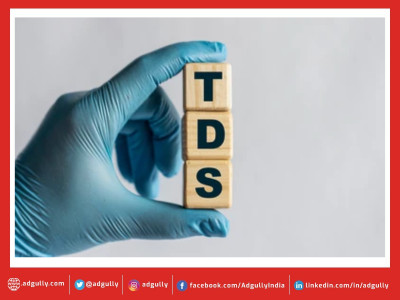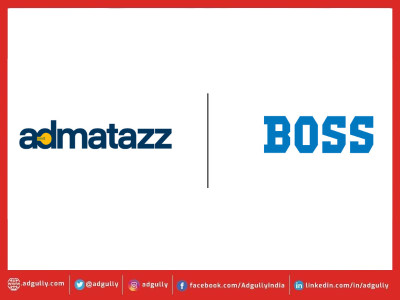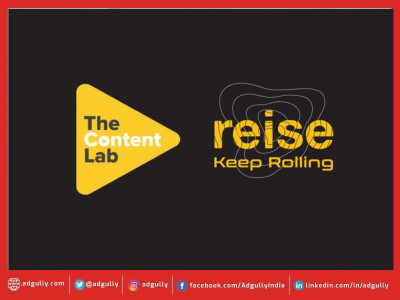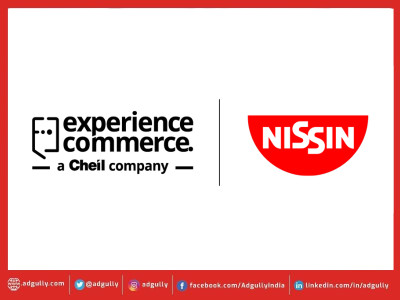TDS for influencers: Experts weigh in on ramifications & challenges of implementation
Starting from July 1, 2022, social media influencers, doctors and other people of a similar calibre, who receive free goods from businesses, would be required to pay 10% tax deducted at source (TDS) for obtaining them. This is as per the 194R clause included in the Finance Act of 2022.
According to the new regulation, social media influencers who receive and keep products like cars, mobile phones, clothes, cosmetics, etc., would have to pay 10% TDS. However, Section 194R will not apply if the item is returned to the business after enjoying the services.
Click here to attend DATAMATIXX 2022
The CBDT further stated that the Section 194R shall apply to free samples sent by a firm to a doctor who is an employee of a hospital. As the advantage or perk is given to the doctor as a result of his employment with the hospital, the corporation will deduct the tax from the hospital’s account.
The recommendations also state that Section 194R will apply to seller incentives, such as gifts in cash or kind that are given in lieu of rebates or discounts. Cars, televisions, laptops, gold coins, cell phones, sponsored family vacations, free travel, and free medical samples are some of these.
Adgully reached out to a cross-section of leaders from the industry to know about the implications of this new regulation.
Rajni Daswani, Director - Digital Marketing, SoCheers:
“In the realm of influencer marketing, free goodies sent to the influencers indeed generate substantial PR for the brand. But they’re also a little one-sided, with the influencers having less to no say in whether they would be interested in receiving the freebies. So, by making the process selective rather than generic, it is also an opportunity to curb the cost to the environment and reduce waste. The new rule, I believe, will allow for a more respectful and understanding relationship to be fostered between the brands and the influencers. It will now require a two-way conversation when it comes to sending free packages, where both the parties can agree from the very beginning. This will also lead to setting more clear expectations between the two. Moreover, this rule is an indication of how big influencer marketing has gotten lately as an industry that newer systems are needed to better streamline it. This is quite an incentive for aspiring influencers. There are, however, still a lot of intricacies to be figured out in terms of the legalities involved and how exactly it’ll function.”
Varun Duggirala - Content Creator, Podcaster, Entrepreneur, and an author:
"The idea comes from the right place but the system needs to be thought through. The regulation of any industry as it grows is expected and this move is largely in line with that. However, for any regulation to work the system or process needs to be in line with how these transactions happen in reality, and therein lies the concern with this announcement. The creator space is still largely chaotic and this can very easily add to the chaos rather than help in systematizing it."
Ankita Chauhan, Director Strategy, Tonic Worldwide:
“I believe that the implication of taxes on the freebies received by the influencers should not have a major on-ground impact on the influencer activities. As social media and related businesses continue to grow, the changes in the regulations and policies are going to be inevitable. But of course, all the parties – brands, agencies and the influencers – will have to be mindful of this amendment. Steps like these are only going to help make the business more accountable and structured. Since this is only applicable to certain business sizes and values, it should not disincentivise anyone. Just like the past regulations of declaration of sponsored content, this too will become a part of the working process between the parties.”
Aashutosh Katre, Director, Yellow Seed:
“The new TDS rule is a game changer in the influencer marketing industry. It is likely to bring more accountability and transparency into the space, which is dominated by barters, collaborations and inconsistent commercial engagements. It will be interesting to see how marketers, agencies and influencers adapt to this change and continue to have meaningful and creative partnerships.”
Abhishek Singh, Senior Vice President - Marketing, Hirect India:
“As per the new guideline, the social media influencers who get free merchandise or freebies on sales promotions will have to pay a 10% tax deducted at source (TDS) on such benefits. This kind of provision is certainly going to affect the earnings of the influencers as many of the collaborations are barter and sampling-based.
While an exact proportion of the impact won’t be known until further research is carried out after the policy’s implementation, one can say that the impact might severely disrupt influencers’ participation in such collaboration with brands in the coming days. The new TDS rules are still under the wrap so let's wait to see how things unfold.”
Chetna Katyall Sundaram, General Manager - Brand & Marketing, Elista:
“The new set of rules will undoubtedly impact the brand. Recently, influencer marketing emerged as an essential medium for brands to showcase their products. It has been a win-win solution for brands and digital creators, as brands are able to garner visibility and digital creators get to monetise their content. However, with new rulings, many influencers might not engage with brands on barter collaborations. Brands will be forced to engage with digital creators only for paid campaigns. This, in turn, will put monetary pressure on brands and result in higher marketing expenses and product costs. The majority of Digital creators are micro-influencers. Their earnings will also be impacted as they will have to shell out taxes from their pockets or turn down brand offers. Most digital creators and micro-influencers are young people, and I hope the cumbersome taxation rules do not mar their creativity.”
Animesh Agarwal, Founder and CEO at 8bit Creatives:
“First of all, I want to state that this is an understandable move from CBDT. Given that influencers receive the products in exchange for providing the promotional service, it is income for them and liable to be taxed as per the fundamental principles of income tax. This move is also one of the first few official recognitions of the creator economy by the tax department, which is important for any industry to grow. Even though it would lead to increased taxation for creators, I believe that the guideline is grounded in logic. Creators are entrepreneurs in their own right and we would be proud to be some of India’s bigger taxpayers, and contribute to the economy. From an income tax point of view also, accounting for the income is not a shocking decision and won’t prevent influencers from really endorsing things they believe in. Additionally, businesses that offer these freebies already deduct them as a business expense, which is another justification for taxing the recipient. The 20K threshold is a welcome exception because it spares smaller creators and numerous modest home brands the hassle. Additionally, this TDS is not applicable in the case of returnable products, which is also logical. All in all, I feel the move is an indication of how bullish the government is on the creator economy, and how far we have come.”
Rohit Agarwal, Founder & Director, Alpha Zegus:
“I get why this move is being taken. However, it’s going to be extremely difficult to implement it. The guideline requires people who are benefiting from sales promotions to ‘report’ the same in their tax returns and pay 10% TDS.
- Problem 1 - How do you ensure that everyone reports every freebie that they have received? There's no transaction number, there is no physical or electronic evidence of the transaction.
- Problem 2 - Many social media influencers are young, and receive products from various brands quite regularly. Some of them don’t even fall under the taxable age, while some don’t have the funds to pay TDS out of their pockets (since the product does not have a liquid monetary value). For example, if the product costs Rs 10,000, then the influencer is expected to pay Rs 1,000 out of their own pockets, which might be very inconvenient for rising creators.
- Problem 3 - A lot of electronic gadgets (and similar products) have a certain MRP, but are actually sold at a much lower value than the MRP. Is the influencer expected to pay 10% TDS on the MRP, or on the in-store value?
All in all, the move is understandable but comes with a lot of challenges in terms of opportunities and execution.”

















Share
Facebook
YouTube
Tweet
Twitter
LinkedIn